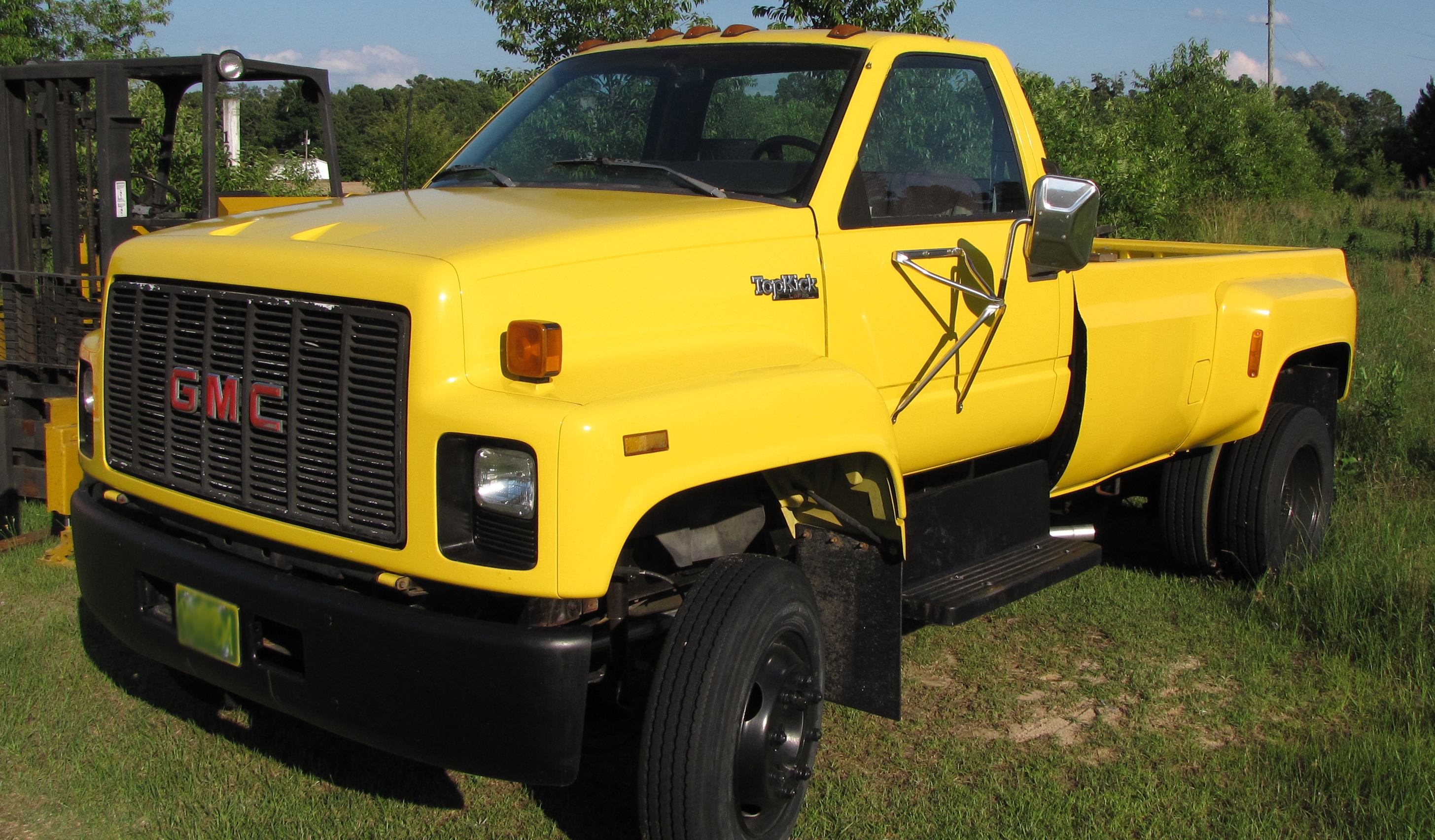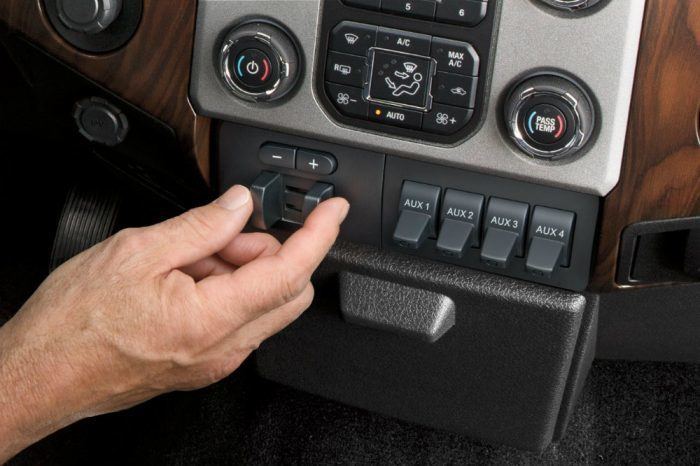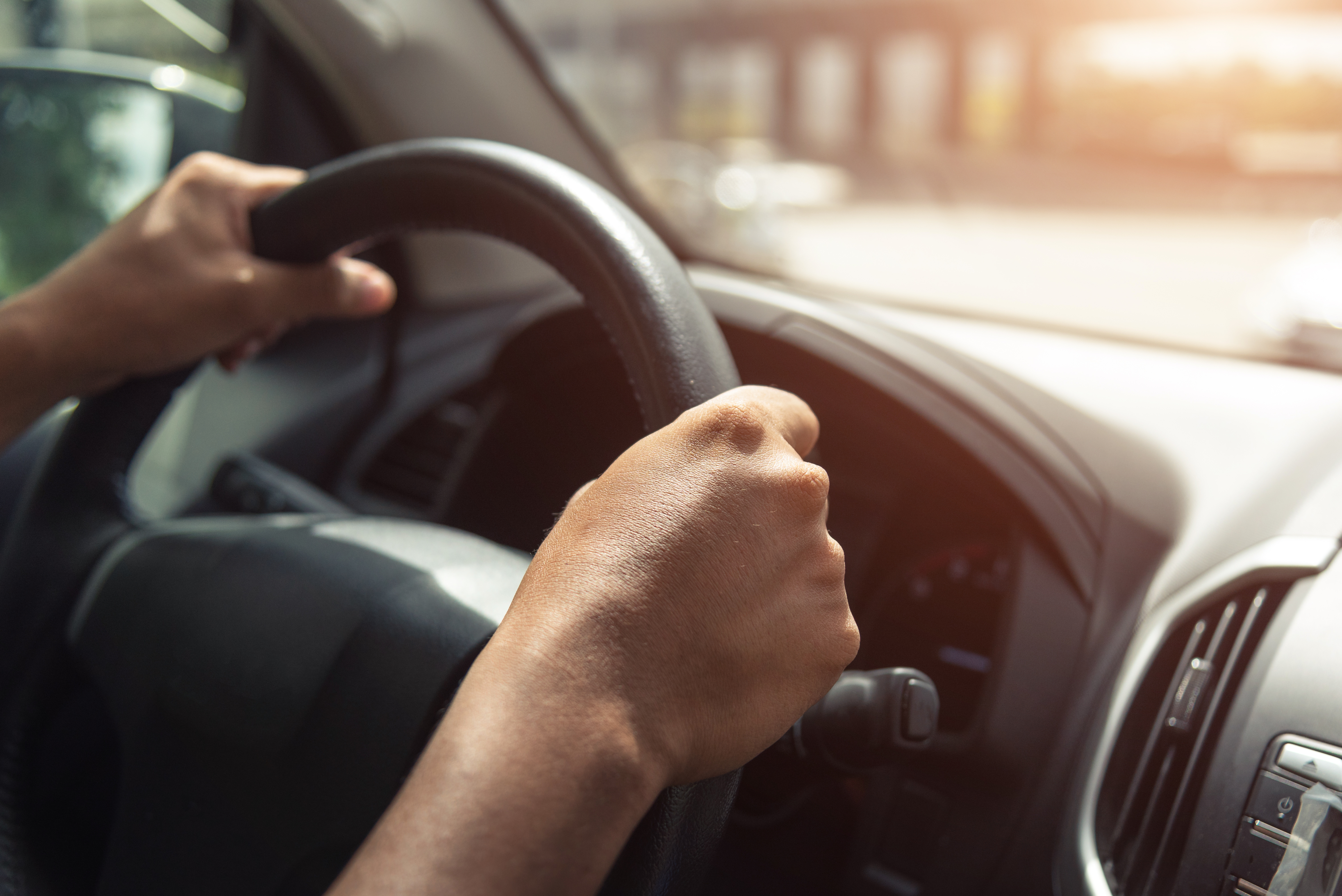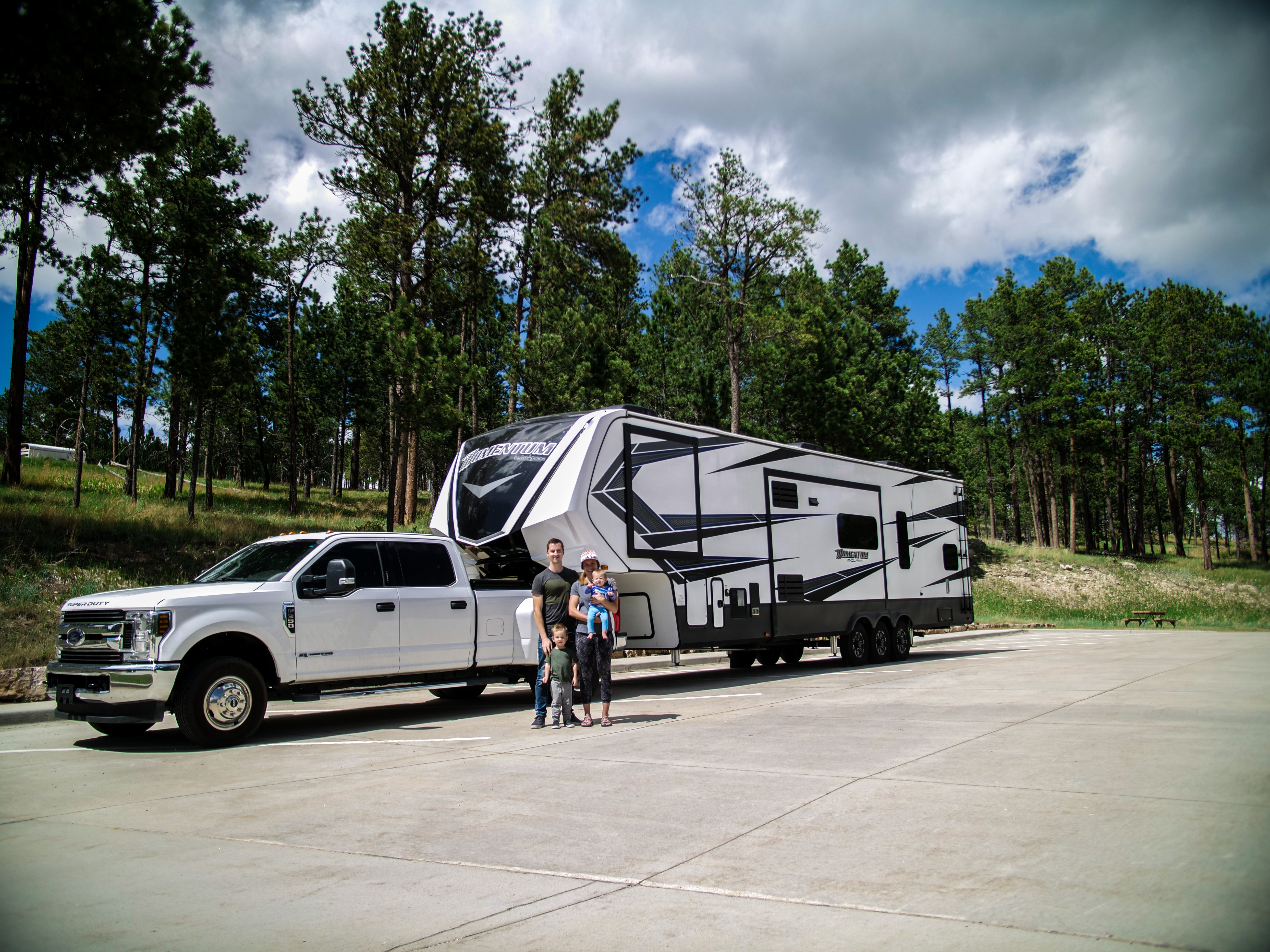6 Myths About Towing Safety Debunked
Posted by ProPride Hitch on 6th Jan 2022
It is estimated that hundreds or even thousands of accidents every year are caused by trailer sway, resulting in severe injuries and costly property damage. Don't take the risk - ensure that your rig is properly set up and inspected before hitting the road. Alex Miller, National Sales Manager at ProPride Hitch, advises asking yourself if your RV is level when hitched, if you need more or less weight distribution, and if your vehicle can handle the load. ProPride Hitch wants to help you have a safe towing experience, and debunking myths about towing is a crucial step in achieving that goal. Stay safe by keeping these six myth-busters in mind.

Weight distribution is the ONLY thing that matters
It is not accurate to say that weight distribution is the only factor that matters when it comes to towing. While it is important to properly distribute the load of the trailer, other factors such as wind and road conditions can also affect the stability of the trailer. The ProPride 3P hitch is specifically designed to eliminate sway in bumper-pulled trailers, but it is not the only solution available. It is important to consider all potential contributing factors when towing to ensure a safe and smooth journey.

Simply slowing down stops sway
It is not correct to say that slowing down will always stop trailer sway. While reducing your speed can help to mitigate the risk of trailer sway, there are other factors that can also contribute to this issue, such as the design of the trailer and the conditions of the road. In order to effectively prevent trailer sway, it is important to take a holistic approach that considers all of these factors, including the proper use of a weight distribution hitch and the maintenance of your towing setup.

A bigger truck will do the trick
Wrong!
The belief that a larger truck can prevent trailer sway is a dangerous myth. In reality, trailers can sway behind even the largest of tow vehicles. This can be particularly dangerous because the driver may not be aware of the sway building up until it is too late, potentially leading to accidents or damage. It is important to use the proper equipment and techniques to prevent trailer sway, rather than relying on the size of the tow vehicle alone.

Just pump the brakes!
It's not accurate to say that pumping the brakes will always solve trailer sway problems. In fact, relying on this method can be dangerous because it may not always be possible to react quickly enough to prevent an accident. Additionally, constantly pumping the brakes can wear out the tires, brakes, and cause discomfort for passengers. It's important to have a comprehensive approach to addressing trailer sway, rather than relying on a single solution.

Experienced drivers don’t need to worry
It is not true that experienced drivers do not need to worry about trailer sway. In fact, anyone who is towing a trailer should be cautious and attentive on the road in order to ensure the safety of themselves and others. Experience does not guarantee that a driver will never encounter trailer sway or other towing issues, and it is important for all drivers to be aware of the potential risks and take steps to mitigate them. This includes following traffic laws, towing within the capacity of the vehicle and driving within one's own abilities.

Just get a 5th wheel, the 3P costs a bundle!
It is not accurate to say that a 5th wheel is the only option for eliminating trailer sway. The ProPride 3P hitch is also effective at eliminating sway and is a more cost-effective solution in the long run. It converts your rig to pivot in a similar way to a 5th wheel and distributes weight more efficiently. Other anti-sway systems that rely on friction alone are not effective. The 3P hitch is a high-quality product that has a high resale value and is considered the industry standard.
It's important to be aware of common myths about towing so that you can prioritize safety on the road. While experience can be beneficial, it's not a guarantee of safe towing. Proper load balancing, equipment, and attentiveness are crucial for a smooth and safe towing experience. Don't let misinformation or complacency put you at risk – make sure to properly assess and prepare for your travels. By keeping these tips in mind, you can reduce the likelihood of mistakes and ensure a safer trip for yourself and those around you.


